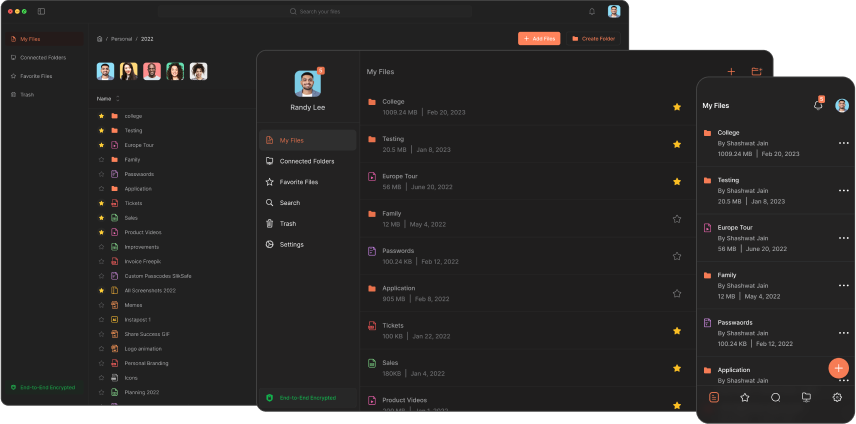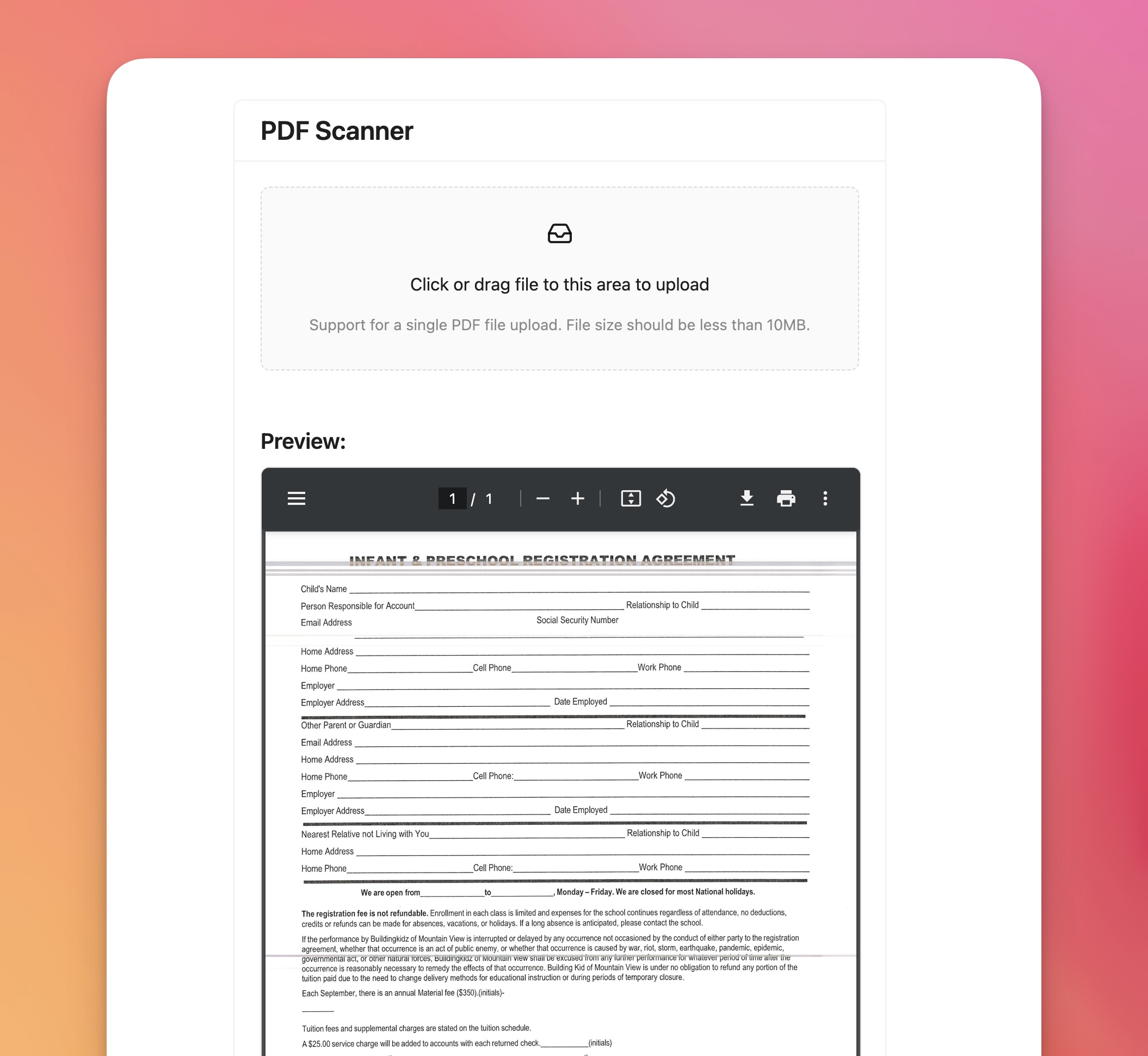Scan To PDF
Scan your files using AI and remove the background.Click or drag file to this area to upload
Support for a single PDF file upload. File size should be less than 10MB.
Mastering Scan-to-Log-in: Streamlining Secure Access in the Digital Age
In today's rapidly evolving digital landscape, ensuring secure and efficient access to online accounts is paramount. One innovative solution that has gained traction is the scan-to-log-in method. This approach leverages QR code technology to simplify user authentication while bolstering security. In this comprehensive guide, we'll delve into the intricacies of scan-to-log-in, its benefits, and how to implement it effectively.
Why Scan-to-Log-in?
Enhanced Security
Traditional login methods often rely on passwords, which can be susceptible to hacking, phishing attacks, and brute force attempts. Scan-to-log-in significantly reduces these risks by implementing two-factor authentication (2FA), requiring both possession of a device and a QR code scan, making unauthorized access nearly impossible.
User Convenience
With scan-to-log-in, users can bypass the tedious process of entering usernames and passwords. A quick scan of a QR code using a mobile device provides instant access, offering a seamless and efficient user experience.
Universal Compatibility
QR codes are universally recognizable and can be scanned using any smartphone with a camera and a QR code reader app. This makes the scan-to-log-in method accessible to a wide range of users, regardless of the device they use.
How Scan-to-Log-in Works
- Initiate Login: Users navigate to the login page of a website or application and select the scan-to-log-in option.
- QR Code Generation: The system generates a unique QR code, displayed on the screen.
- Scan QR Code: Users open their mobile device's QR code reader app and scan the displayed QR code.
- Authentication: The QR code reader app verifies the user’s credentials and authenticates the login attempt.
- Access Granted: Once authenticated, users are granted access to the website or application without entering additional login information.
Implementing Scan-to-Log-in: Step-by-Step Guide
To integrate scan-to-log-in into your website or application, follow these detailed steps:
Step 1: Choose a QR Code Authentication Service
There are several third-party services that offer QR code authentication solutions. Popular options include:
Step 2: Generate and Display QR Codes
Once you've chosen an authentication service, incorporate their API to generate unique QR codes for each login attempt. Here's a sample code snippet in Python using the qrcode library:
import qrcode
from io import BytesIO
from base64 import b64encode
# Generate QR code
data = "UniqueUserID, TimeStampOrNonce"
qr = qrcode.QRCode(version=1, box_size=10, border=5)
qr.add_data(data)
qr.make(fit=True)
img = qr.make_image(fill='black', back_color='white')
# Convert the image to a Base64 string
buffer = BytesIO()
img.save(buffer)
img_str = b64encode(buffer.getvalue()).decode('utf-8')
# Embed QR code in HTML
html_qr_code = f'<img src="data:image/png;base64,{img_str}" />'
Step 3: Verify QR Codes
Implement server-side logic to verify the scanned QR code. This typically involves checking the QR code data against your user database and verifying time-sensitive elements to prevent replay attacks. Here's a simple pseudocode for verification:
function verifyQRCode(data):
if data not in database:
return "Invalid QR Code"
if data.timestamp is expired:
return "QR Code Expired"
return "Login Successful"
Step 4: Mobile App Integration
Ensure your mobile app can securely read and process QR codes. Integrate a QR code scanner SDK like ZXing for Android or MTBBarcodeScanner for iOS.
Step 5: Seamless User Experience
Provide clear instructions for users on how to use the scan-to-log-in feature. This could include:
- An introductory snippet explaining the benefits of scan-to-log-in during the initial setup.
- Visual aids and tooltips on the login page guiding users through the QR code scanning process.
- Notifications on successful or failed authentication attempts.
Benefits of Scan-to-Log-in in Different Sectors
E-Commerce
E-commerce platforms can leverage scan-to-log-in to provide quick and secure access to user accounts, fostering a smoother checkout process and enhancing customer satisfaction.
Corporate Security
Organizations can implement scan-to-log-in to secure access to sensitive systems and data, ensuring that only authorized personnel can gain entry.
Educational Platforms
Educational websites and online courses can use scan-to-log-in to streamline student and faculty access, reducing the need for password management and improving overall security.
Conclusion: Elevate Your Security with Scan-to-Log-in
Incorporating scan-to-log-in into your systems can significantly enhance both security and user experience. By leveraging QR codes, you offer a modern, efficient, and secure method for authentication that is increasingly becoming a standard in the digital age.
Take the first step today by exploring available QR code authentication services and implementing this cutting-edge technology to safeguard your digital assets while simplifying user access.
Keywords:
- Scan-to-log-in
- QR code authentication
- Digital security
- Two-factor authentication
- User convenience
- QR code login
For further information and updates, subscribe to our newsletter and stay tuned for more insights on emerging digital security solutions.
By structuring your content in this detailed and SEO-optimized manner, you can attract and engage your target audience while providing valuable information on implementing scan-to-log-in technology.
Download Now
The Slikest Files Experience Ever Made

